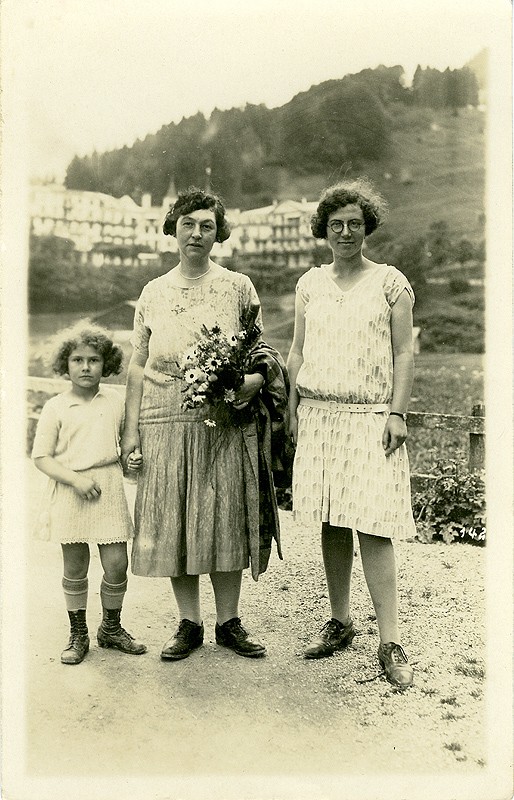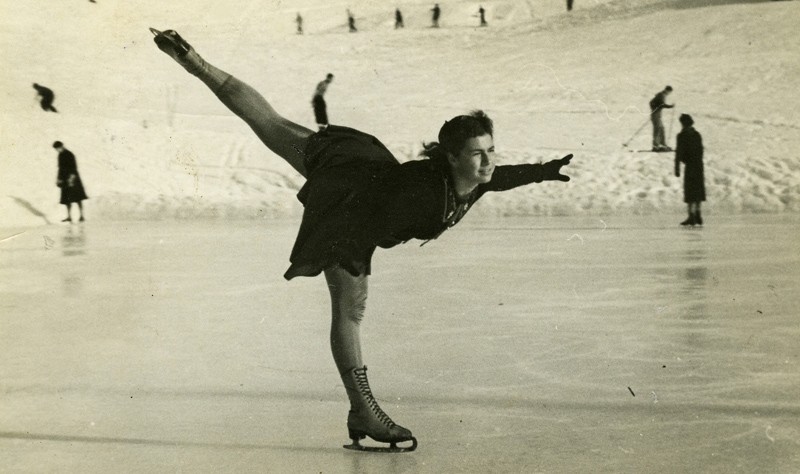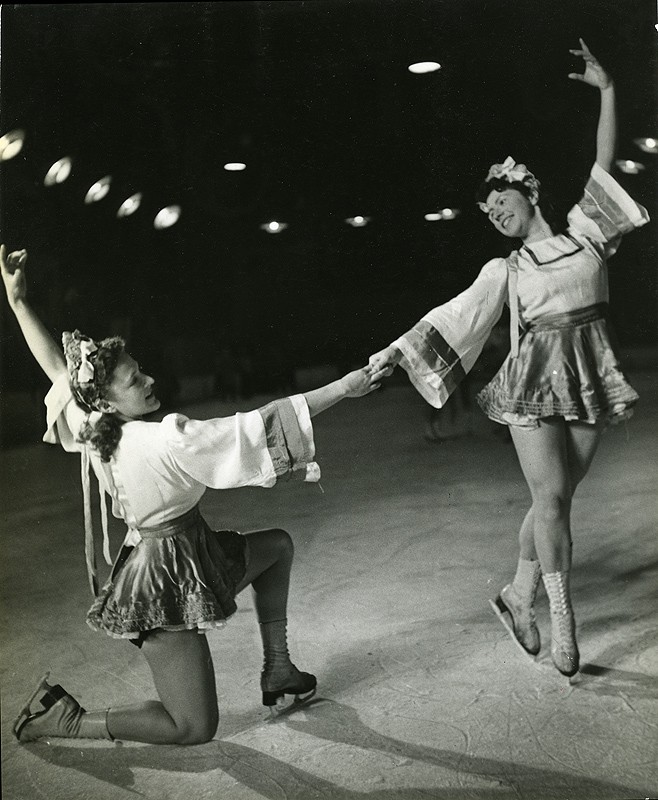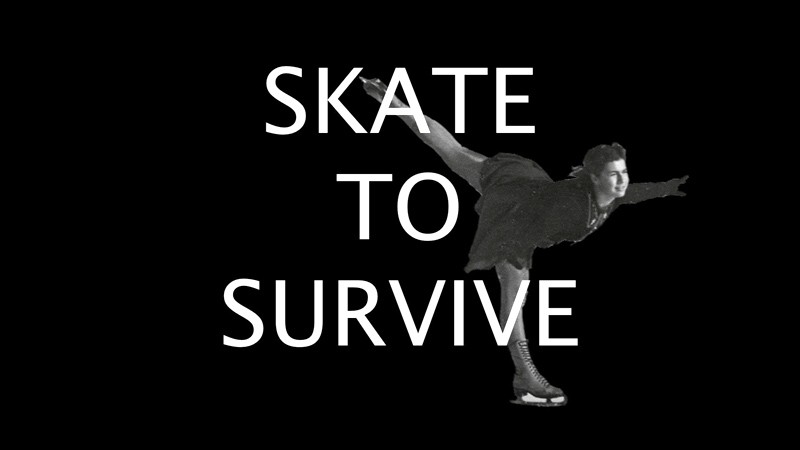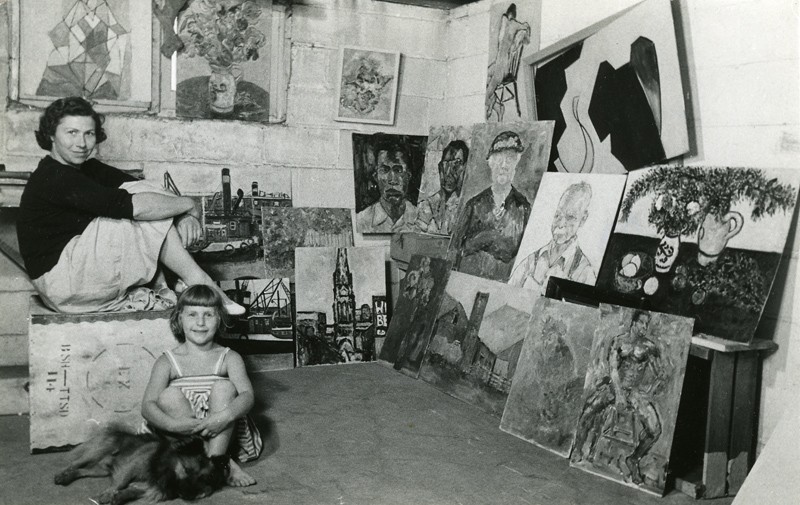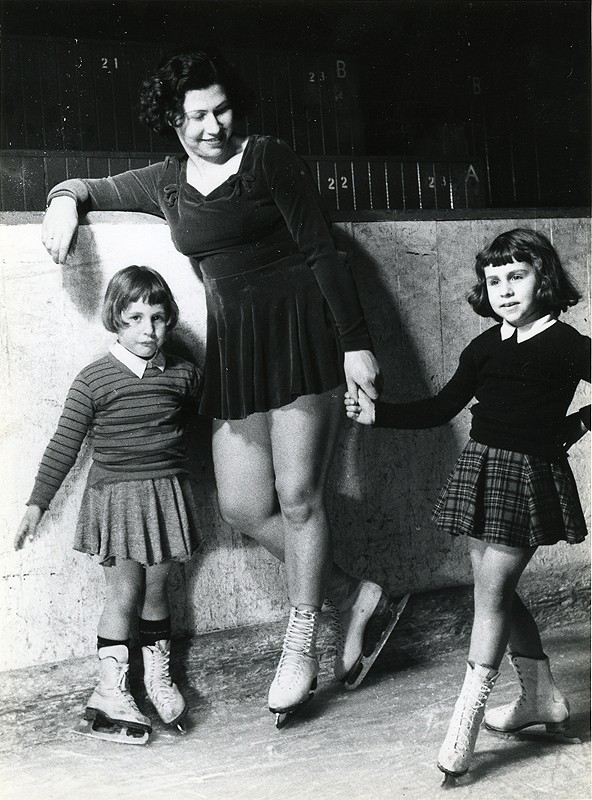A moving documentary about the artistry and struggle of Canadian figure skating coach and choreographer Ellen Burka. She recounts her life from pre-war Amsterdam, to Westerbork and Theresienstadt concentration camps, to Dutch national champion, to bohemian Toronto in the 1950's and finally world skating celebrity. The film shows how her enthusiasm and energy allowed her wildly creative side to survive and flourish despite the harsh realities around her.
Synopsis
A moving documentary about the artistry and struggle of Canadian figure skating coach and choreographer Ellen Burka. She recounts her life from pre-war Amsterdam, to Westerbork and Theresienstadt concentration camps, to Dutch national champion, to bohemian Toronto in the 1950's and finally world skating celebrity. The film shows how her enthusiasm and energy allowed her wildly creative side to survive and flourish despite the harsh realities around her.
Festivals
- Toronto Jewish Film Festival, CANADA, 2008
- Jewish Eye World Jewish Film Festival, Ashkelon, Israel, 2008
Press & Links:
An article from the Canadian Jewish News website by NANCY WIGSTON
http://www.cjnews.com/index.
php?option=com_content&task= view&id=18217&Itemid=86 info about the movie at the OMNI TV website:
www.omnitv.ca/ontario/tv/docs/episodes/skatetosurvive Very seldom does Ellen Burka open the doors to her past life.
There are parts of it that the master figure skating coach doesn't want to revisit.
But in Survive to Skate, a television documentary produced by her daughter, Astra Burka, it's clear that Burka is a triumphant and energetic force in the world, despite her history of surviving German concentration camps in World War Two. The 60-minute documentary, utterly charming at times, horrifying at others, details the first 44 years of Burka's life. Burka doesn't want to be remembered for her survival of the Holocaust. She doesn't want to be reminded of it. She lost her parents and a grandmother in the camps. Her father was advised to go into hiding, but always thought he was safe.
“Sure, I'm a Holocaust survivor, but who cares?” she said in an interview. “Many others are, too.”
Burka survived when many others didn't, because of her love of figure skating. When she entered the concentration camp, she registered herself, not as a student, but as the Dutch national figure skating champion.
Burka does not consider herself Jewish, and isn't religious at all. She didn't know her parents were, either. They celebrated Christmas and Easter. But then Burka noticed her parents would disappear twice a year. She learned later that they had been going to a synagogue to celebrate Jewish holidays.
When Burka arrived in Toronto in the 1950s, she kept her heritage and her past a secret, too. When her husband, Jan Burka, a Czech native that she met in a concentration camp, left the family in Toronto, Burka was forced to make a living to support her two daughters. She'd been a painter, but thought if she coached figure skating, she could make a living. However, according to the documentary, Toronto was quite anti-Semitic at the time, and Burka wouldn't have landed a coaching job if her heritage became public.
She did not tell her daughters, Petra and Astra, about their heritage and their past until they were 18 and 16. Burka said she didn't want them involved in the nasty details. They were brought up as Anglicans.
Burka was hit with culture shock when she came to Toronto. But in her own way, she created culture. When she began to teach skating, she took the idea of interpreting music onto the ice. She was decades ahead of her time.
Beverley Smith, The Globe and Mail, February 26, 2009
Festivals
- Toronto Jewish Film Festival, CANADA, 2008
- Jewish Eye World Jewish Film Festival, Ashkelon, Israel, 2008
Educational
- Yad VaShem Visual Center
- US Holocaust Memorial Museum
- Harvard University
- Ohio State University
- Library of Congress
- University of Pennsylvania
